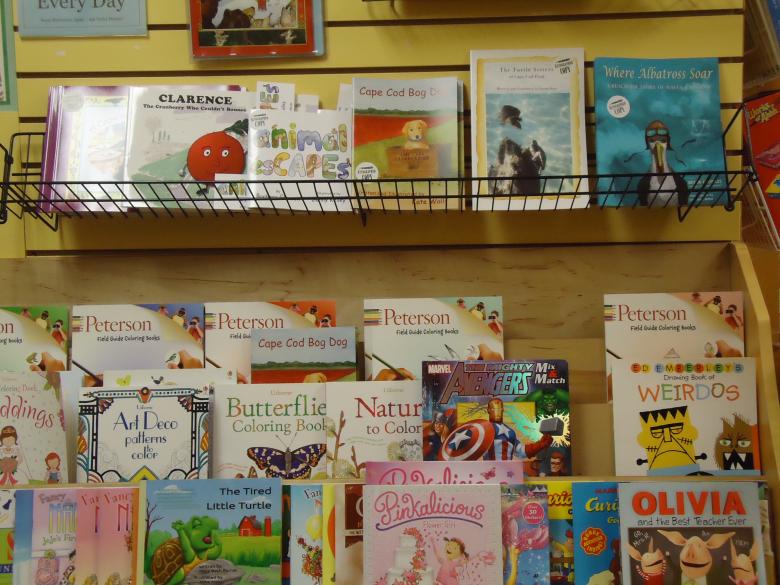Celebrities dominating the field of children’s literature
In an age where social media coverage, extensive PR campaigns, and name recognition determines success in the publishing industry, the world of children’s literature is witnessing a shift in focus from substance to fame. Celebrities are dominating the market of children’s literature, and this celebrity-to-author pipeline has evoked some controversy. Many celebrities, such as Kobe Bryant, Mariah Carey, and Jimmy Fallon, have ventured into the realm of children’s stories, and for some, this entails ethical concerns.
At this point, it is important to question the written world, and whether it is fair for name and fame to supersede a text’s quality and merit.
In this already competitive industry, their books often rocket to the top of best-seller lists as a result of their influential status whilst children’s authors struggle to gain the same visibility and recognition despite immense effort and hard work. At this point, it is important to question the written world, and whether it is fair for name and fame to supersede a text’s quality and merit.
“These celebrities do not need any more money or exposure, but plenty of genuine writers do,” says the author and poet Joshua Seigal. This commercial success is reflected by the work of authors such as David Walliams with over 37 million copies of his book The World’s Worst Children sold worldwide. Celebrities are also availed by advanced marketing and media coverage that “most authors, especially children’s authors, simply do not get”, says Helen Tamblyn-Saville, children’s book enthusiast and owner of Wonderland bookshop in Nottinghamshire.
Frustration arises as celebrities entering the competitive publishing market have overshadowed the contribution of career authors who have spent years mitigating the field and honing their craft. “Before landing a publishing deal, I had sent over 180 queries across three manuscripts over four years,” says the author James A Lyons. The perils of getting published, especially by a competitive publisher, is not new news, but with the market being saturated with celebrity-authors, non-celebrity authors therefore seem to have a harder ordeal in finding a deal.
Many argue that celebrity-backed titles help keep the industry thriving and relevant, especially with the younger generation.
On the other hand, more celebrities in the field of writing can serve as an inspiration to the younger generation, enhancing the importance of reading to a broad range of fanbases who may otherwise reject the industry. Many argue that celebrity-backed titles help keep the industry thriving and relevant, especially with the younger generation. “Attention paid to any children’s book creates a rising tide that lifts the entire publishing industry,” says the author Howard Pearlstein.
Celebrities can use their platforms to encourage the youth to engage with literature, and reading a celebrity-penned book can indeed act as a gateway to get immersed in the wider depths of literature. Fewer children are reading than ever before, and The National Literacy Trust found that only 35% of eight to 18-year-olds enjoy reading in their spare time. This sharp drop to the lowest figure yet recorded may indicate disinterest towards children’s literature.
Whilst reading and literature could be perceived as “boring” by young children, celebrities in the field of literature can bridge the divide between pop culture and education, thus fostering a love for reading. Celebrities can negate this negative stereotype of books and position them as an exciting medium, especially when affiliated with figures young children idolise.
Celebrities’ ability to inspire younger generations, expand the readership base, and invigorate the publishing industry arguably makes them a significant force for positive change in the domain of children’s literature. Whilst this influx of celebrity children’s authors may be damaging for children’s authors, their capacity to rekindle children’s passion for reading serves as a powerful tool, making this debate murky and multi-faceted.

Comments